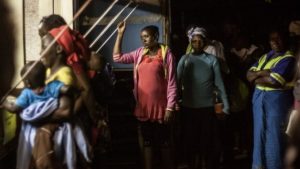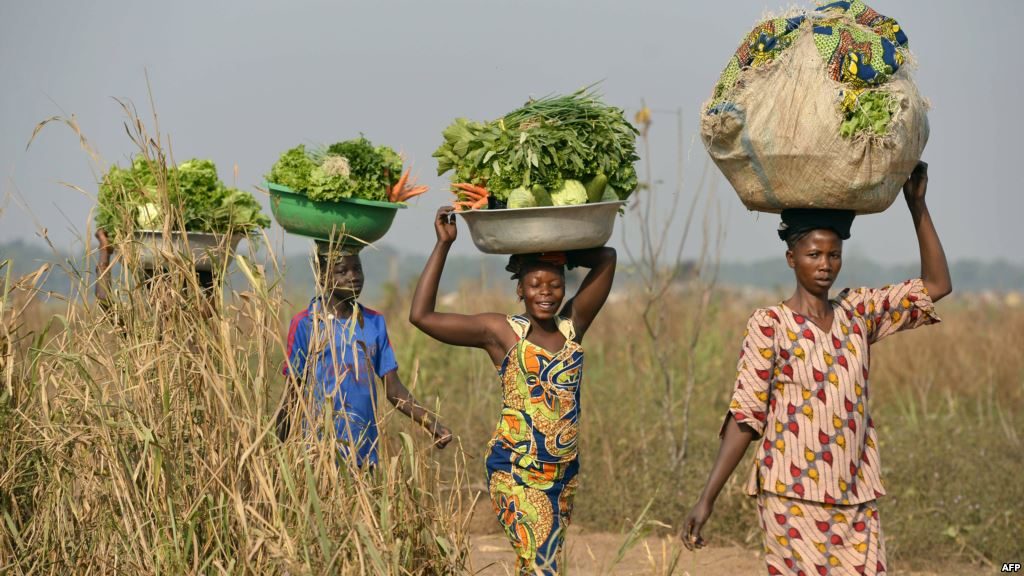Does anyone remember an incident that took place back in 2014 when a legislator brought in an assortment of sanitary wear that included pads, tampons and cotton wool to help make her point in Parliament?

MDC Proportional Representation MP Priscilla Misihairabwi-Mushonga had raised a motion calling for scrapping of duty on sanitary wear. Misihairabwi-Mushonga argued that most women and girls could not afford sanitary wear, which could cost up to $21 every month.
So emotional was the debate that several other female MPs opened up on the challenges that have been faced by women since before independence. Mutare South MP Nyasha Chikwinya said during the liberation struggle, she and other women had to crush tree bark for use as sanitary wear.
“It is painful that 34 years after independence, women cannot afford sanitary wear and have to use unhygienic means such as leaves, newspapers and tissues (toilet paper) as pads. One of these days, female MPs will boycott putting on pads to force Government to remove duty on sanitary wear,” Chikwinya said.
While theirs was not an orthodox way of raising a motion, it was the best way to galvanise Treasury into action.
During the presentation of the 2017 National budget in December last year, Finance and Economic Development Minister Patrick Chinamasa announced that importation of raw materials, which include pulp, glue and virgin tissue would become duty-free under manufacturers’ rebate from the beginning of 2017.
While it might take some time for local sanitary wear manufacturers to realise profits and effect price adjustments, it is a step in the right direction.
This is what active participation in budget processes can bring about.
For years, women and youths have not been actively participating in budget processes, at local authority or national level.
Whether they have been sidelined intentionally or they themselves have not been keen to take part in budget consultations is a subject for another day. But leaving out such a huge grouping of the country’s population from such processes cannot be good for the development of the nation.
The process that goes into developing the budget is as important as the budget itself.
The Zimbabwe Coalition on Debt and Development (Zincodd) under its project Women Engagement in Economic Governance (WEEG) has been raising awareness on such issues urging women to participate in local council and national budget processes.
Zimcodd has been advocating participatory budgeting to facilitate the involvement of women and girls in budgeting processes.
Addressing delegates during one such meeting in Chitungwiza recently, Zimcodd communications coordinator Grace Mugebe said women needed to be vocal and state how they want to be included in budget allocations, be it in municipal budgets or the national budget.
“Let us not take our voice for granted. Some of our concerns are heard and they can be addressed,” she said.
She said excise duty on beer had been reduced twice before Government implemented the same measure for sanitary wear. And this only happened after women began active lobbying for the removal of tax on sanitary wear.
Whether they have been sidelined intentionally or they themselves have not been keen to take part in budget consultations is a subject for another day. But leaving out such a huge grouping of the country’s population from such processes cannot be good for the development of the nation.
The process that goes into developing the budget is as important as the budget itself.
The Zimbabwe Coalition on Debt and Development (Zincodd) under its project Women Engagement in Economic Governance (WEEG) has been raising awareness on such issues urging women to participate in local council and national budget processes.
Zimcodd has been advocating participatory budgeting to facilitate the involvement of women and girls in budgeting processes.
Addressing delegates during one such meeting in Chitungwiza recently, Zimcodd communications coordinator Grace Mugebe said women needed to be vocal and state how they want to be included in budget allocations, be it in municipal budgets or the national budget.
“Let us not take our voice for granted. Some of our concerns are heard and they can be addressed,” she said.
She said excise duty on beer had been reduced twice before Government implemented the same measure for sanitary wear. And this only happened after women began active lobbying for the removal of tax on sanitary wear.

